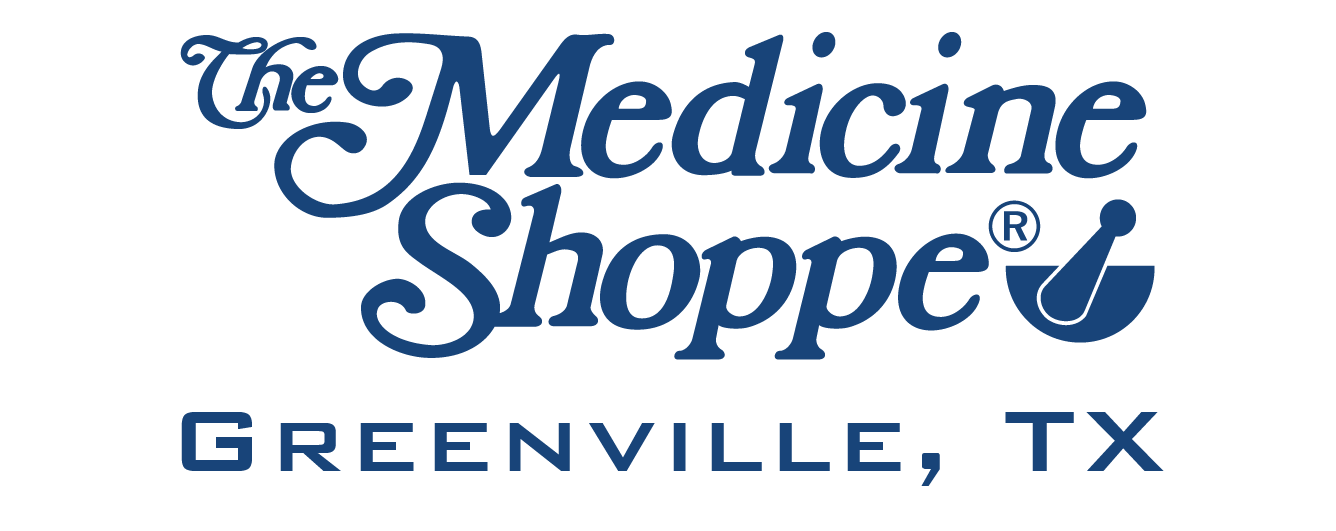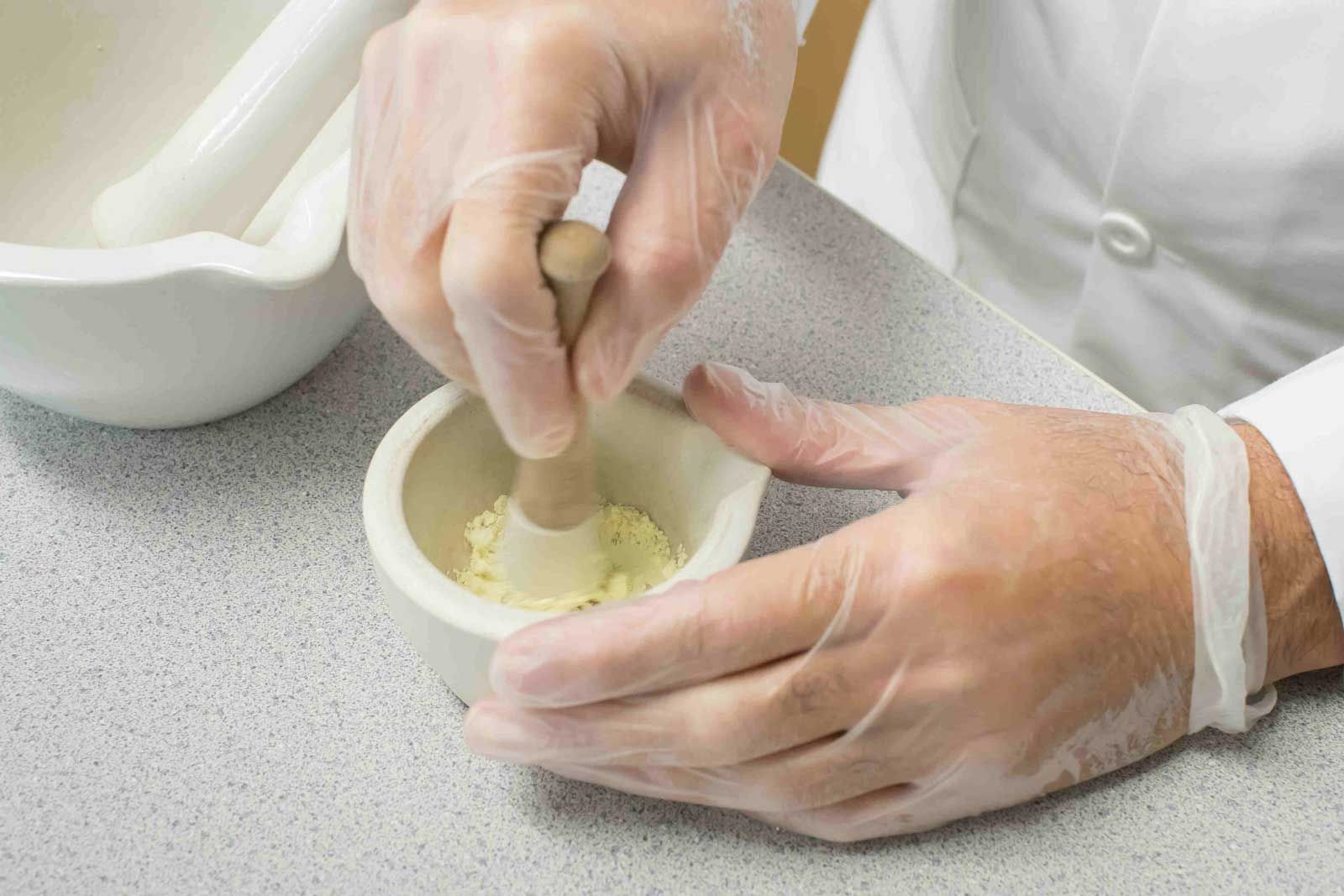What is Compounding?
In simple terms, compounding is the preparation of personalized medications based on a patient's specific needs. It involves altering existing medications or combining various drug ingredients to create a tailored formula. Compounding allows pharmacists to take a patient's unique health characteristics, such as allergies, intolerances, or conditions, into account when preparing medication. Its primary aim is to offer patients a more personalized treatment plan that not only maximizes the effectiveness of their medication but also minimizes potential side effects.
Benefits of Compounding
There are several advantages to compounded medications, which is why more and more patients are turning to them for a better healthcare experience. Some of the key benefits include:
1. Customized Medication: Compounded medications cater to individual needs, allowing patients to receive the most suitable treatment based on their specific health requirements.
2. Improved Compliance: Customized medications can make it easier for patients to comply with their prescribed treatment plans, ensuring better health outcomes.
3. Greater Flexibility: Compounding allows for dosage and delivery method adjustments, making it easier for patients to take their medications and receive optimal benefits.
4. Allergy-Friendly Options: Compounding pharmacists can create formulations that exclude specific allergens, providing safe medication alternatives for those who suffer from allergies or intolerances.
5. Enhanced Efficacy: Personalized medication can result in increased efficacy, as the customized formula is created to cater to an individual's specific needs and health conditions.
Understanding the Compounding Process
The compounding process typically begins with a consultation between a patient, their healthcare provider, and a skilled compounding pharmacist. Together, they will assess the patient's needs, taking into consideration their medical history, current medications, and any allergies or intolerances. Based on this assessment, the compounding pharmacist will then create a customized medication, ensuring that it meets the specific needs of the patient.
In conclusion, compounding offers a personalized approach to medication management, addressing the individual needs of patients and enhancing their overall healthcare experience. With its numerous advantages, compounding is certainly worth exploring as a tailored solution for healthcare. If you're interested in learning more about compounding and how it can benefit you, don't hesitate to reach out to the team at Greenville Medicine Shoppe.
A Closer Look at Custom-Made Medications
Compounding has come a long way since the early days of pharmacy, when it was the primary method of preparing medications. Though modern manufacturing has made commercial drugs widely available, the need for personalized medicine continues to grow, especially for those who cannot tolerate commercially available formulations or require specific medications not available on the market.
Compounded medications can be customized to accommodate the unique needs of patients, such as creating dye-free or preservative-free formulations for those allergic to specific additives in commercial drugs. Additionally, dosage modifications can be made to ensure that patients receive the right amount of medication tailored to their individual needs. This ability to personalize medication results in better patient compliance, improved treatment outcomes, and higher patient satisfaction.
Understanding Different Compounding Techniques
There is various compounding techniques used by pharmacists to create customized medications, and the choice of technique depends on the patient’s needs, the drug’s characteristics, and the desired dosage form. Here are some common compounding techniques:
1. Trituration: This method involves grinding solid drug substances into fine particles, which are then incorporated into a powdered form or mixed with an ointment base.
2. Levigation: This process entails reducing the size of drug particles by combining them with a wetting agent or a solvent, forming a smooth paste or suspension.
3. Geometric Dilution: This technique ensures proper blending of ingredients by adding smaller quantities of an ingredient to the larger quantity of another ingredient, effectively dispersing them evenly throughout the mixture.
4. Emulsification: This process involves mixing two immiscible substances, such as oil and water, using an emulsifying agent, creating a uniform, stable mixture called an emulsion.
5. Incorporation: This technique entails mixing various ingredients together to create a uniform drug product, such as creams or ointments, ensuring that the drug is evenly distributed throughout the entire preparation.
Tailoring Medication Delivery Methods
Compounding pharmacists not only have the ability to alter the ingredients in a medication but also have the expertise to modify its delivery method. The choice of delivery method can impact the medication's absorption, effectiveness, and convenience for the patient. Some common alternative medication delivery methods include:
1. Topical Gels or Creams: These formulations can be applied directly to the skin, allowing the medication to bypass the digestive system, thereby increasing absorption and reducing the risk of gastrointestinal side effects.
2. Troches or Lozenges: These dosage forms are designed to dissolve in the mouth, delivering the medication directly into the bloodstream through the oral mucosa, which is often faster than ingestion.
3. Suppositories and Enemas: These forms administer medication rectally, providing an alternative for patients who have difficulty swallowing or for those with gastrointestinal issues.
4. Liposomal Delivery: This innovative technology encapsulates the drug in a lipid-based carrier, increasing the drug's solubility and enhancing its therapeutic effect by improving bioavailability and absorption rates.
Role of Compounding Pharmacies in Medication Management
Compounding pharmacies play a critical role in providing personalized medication solutions to patients. These pharmacies have access to state-of-the-art equipment, specialized techniques, and trained professionals skilled in creating tailored dosages and medication combinations. They are licensed and adhere to strict regulatory guidelines, ensuring that the medication you receive is of the highest quality.
Collaboration between the healthcare provider, compounding pharmacist, and patient is essential in successfully utilizing compounding services. Doctors and pharmacists work closely together to develop medications suited to an individual's needs and to monitor and adjust treatment plans as necessary. Open communication between all parties is vital to achieving optimal health outcomes.
Finding a Reliable Compounding Pharmacy
When choosing a compounding pharmacy, it's important to research and find one with a reputation for providing high-quality services. Look for pharmacies that adhere to all federal and state regulations and have earned accreditation, such as the Pharmacy Compounding Accreditation Board (PCAB) seal of approval. Ensure that the pharmacy employs pharmacists who are experienced in compounding, as this specialized skill set requires additional training and expertise.
Explore Compounding Today
In a world of mass-produced medications, compounding offers a much-needed alternative for those who require personalized treatment options. The process of compounding brings forth a myriad of possibilities, from tailoring ingredients to optimizing delivery methods, resulting in a more customized healthcare experience. The collaboration between healthcare providers, compounding pharmacists, and patients ensures that individuals receive the best care tailored to their unique needs.
If you're interested in exploring the benefits of compounding and how it can contribute to a more personalized approach to your healthcare needs, consult with the team at Greenville Medicine Shoppe, where our experienced professionals are ready to help you navigate the world of customized medications.

